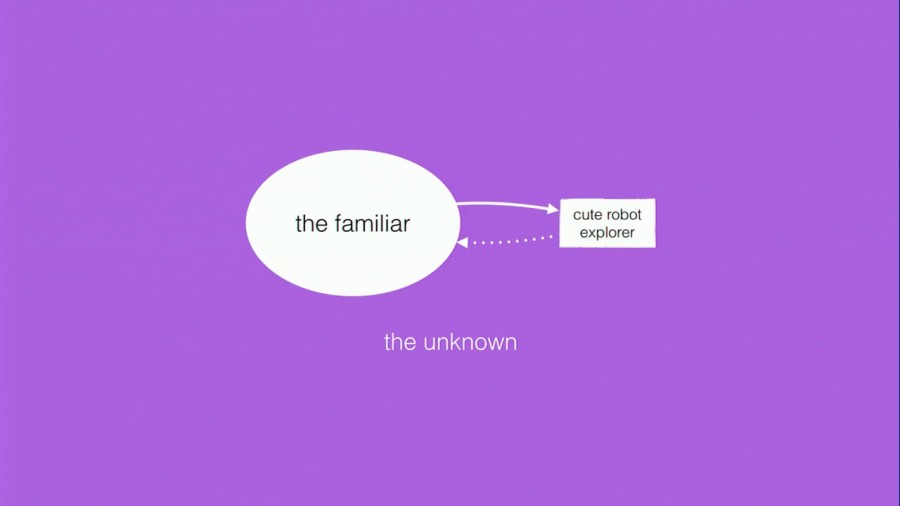Much of economics and public policy rests on the assumption that increasing the wealth of individuals and nations provides a route to increasing their wellbeing. So why does money fail us?
Archive (Page 2 of 2)
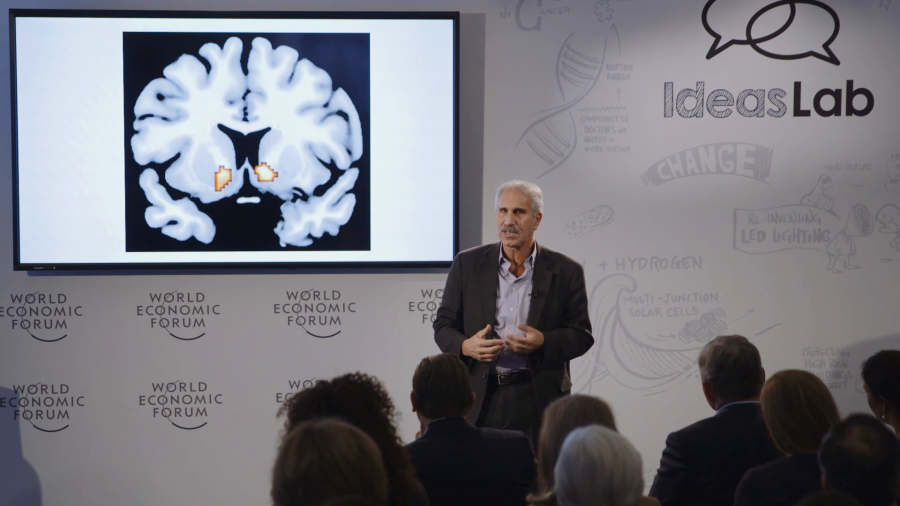
Why do we do the things that we do? Why do we sometimes choose to be loving parents and other times engage in irrational self-destructive behaviors? What drives us to sometimes be altruistic and other times make decisions that really threaten our very survival? Well, the answer lies in our brains. Our brains evolved to ensure that we repeat behaviors that will lead to our survival.
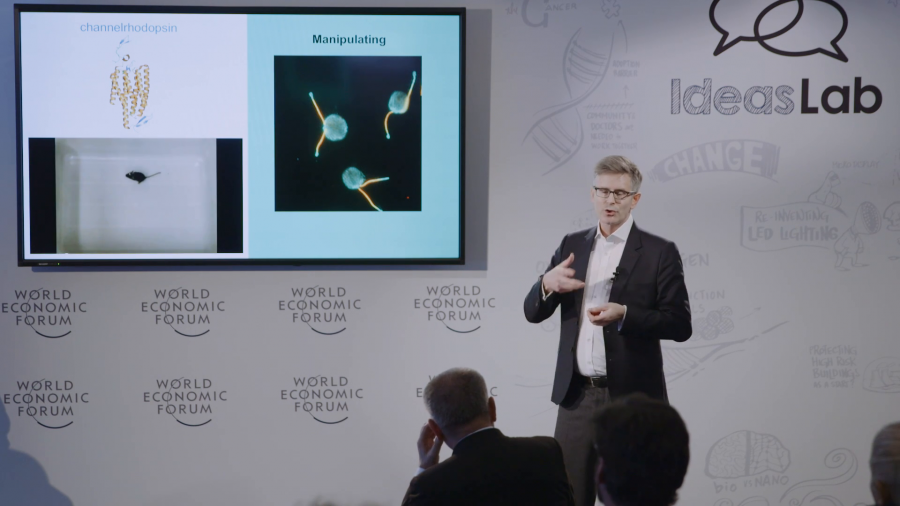
Over the past century, we’ve been to the moon, we’ve split the atom, we’ve sequenced the human genome, but were still only at the very beginning of our understanding of the human brain. This is one of the great challenges that we face. If we can understand the brain, we can develop better treatments for brain disorders, we can design better robots, better computers, and ultimately we can better understand ourselves.
We know very little about complex financial systems and how systemic risk, as it’s called, is computed and how you would manage policies. And if you look back at the financial crisis, you can either say, as many economists do, “It all had to do with badly-designed rules,” which may be part of the story; it’s certainly part of the story. Or it may have to do with the interaction of those rules and human nature, like mortgage broker greed, optimism… And you see it not just in individuals who now have houses and foreclosure, but at the highest levels.
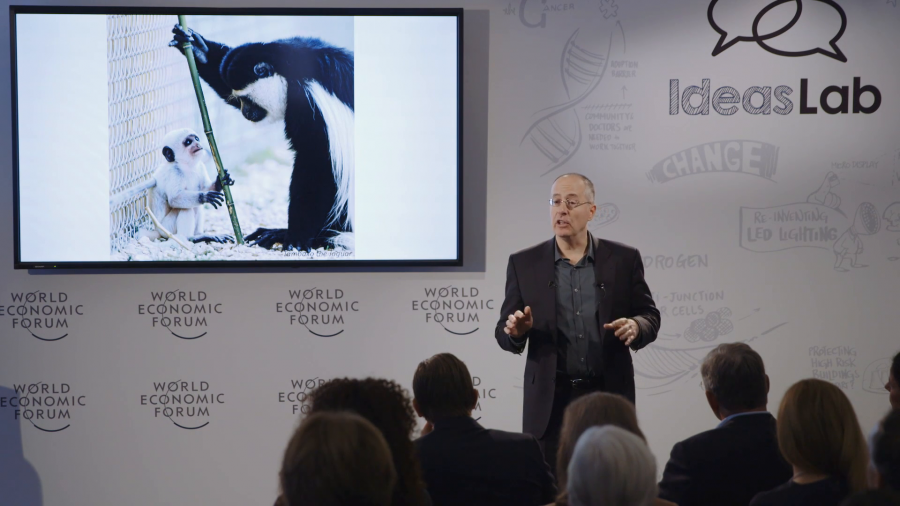
When lower primates form a hierarchy, those at the bottom undergo a change in their dopamine system. This makes them more likely to consume drugs in an addictive fashion. Now, if this turns out to be true of our species, that would mean that human beings are particularly vulnerable if they’re in some way dominated or don’t have any power.
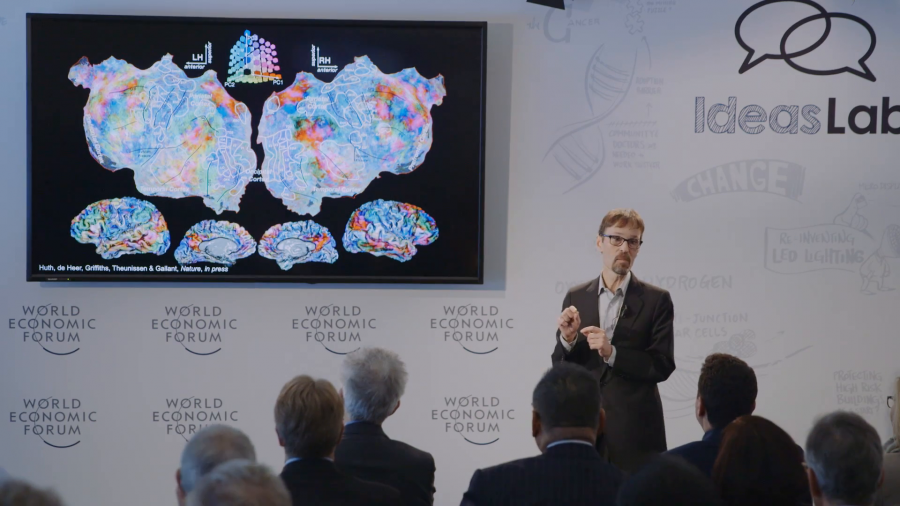
In brain decoding, we take our model that we’ve developed of the brain (and this can be a model for anything, vision or language) and we reverse it. And instead of going from the stimulus to the brain activity, we go from the brain activity back to the stimulus.


